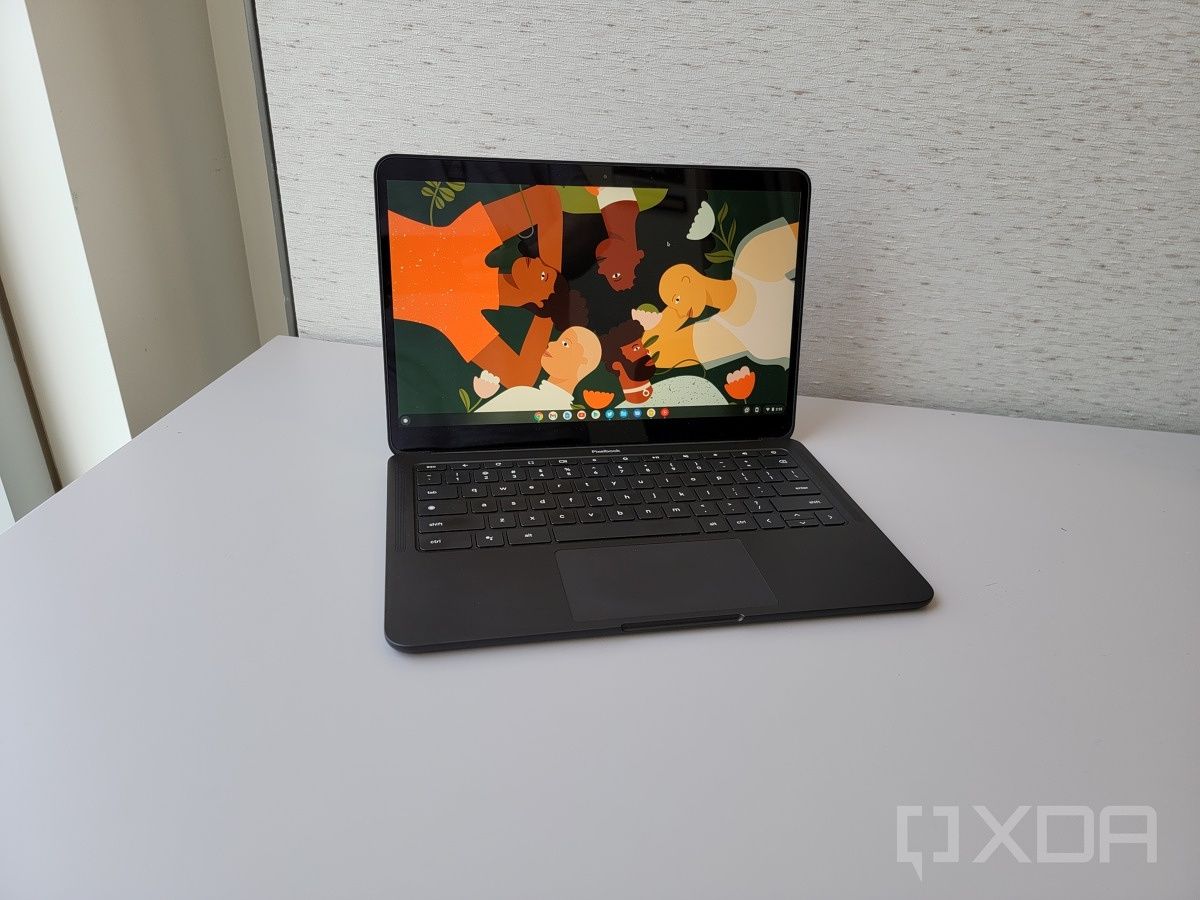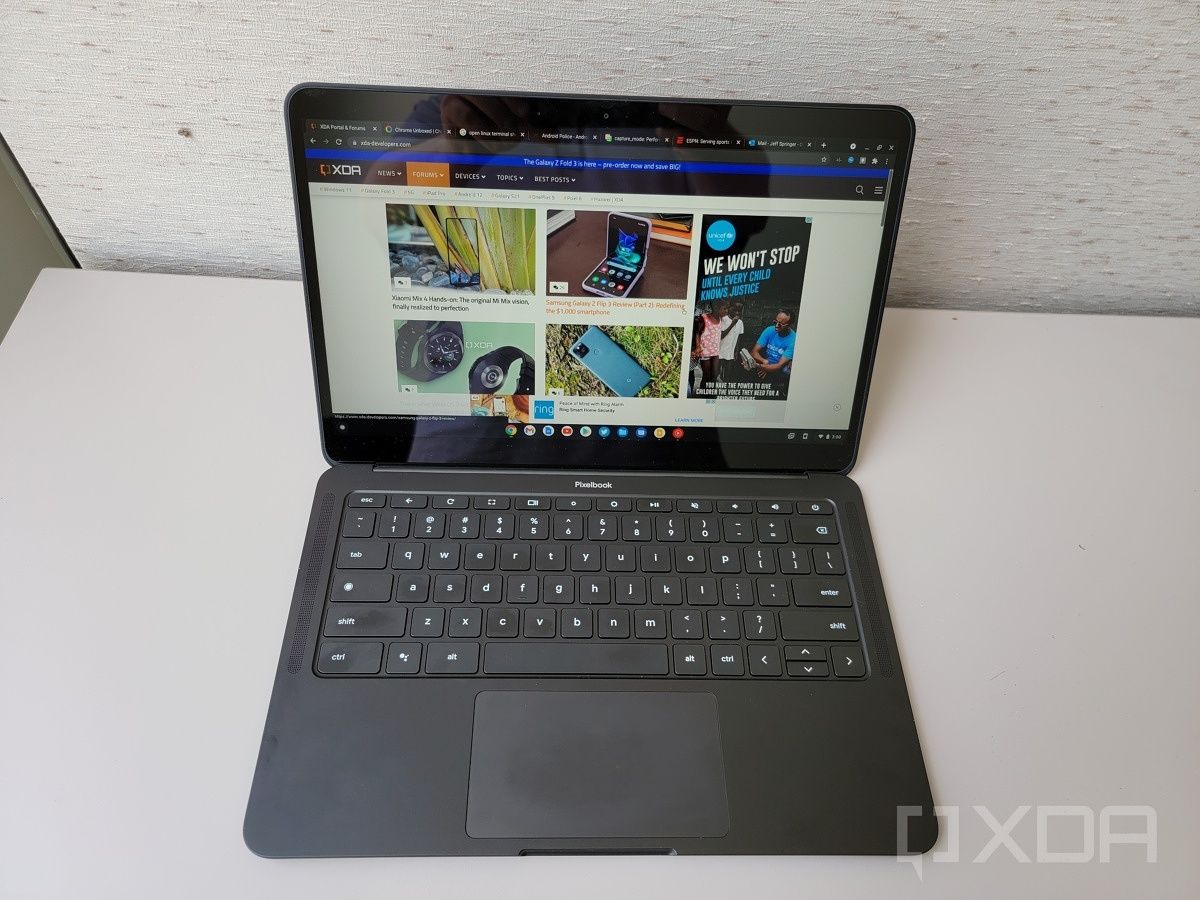You probably should not expect Google to release a new Pixelbook-branded laptop at all. A new report from The Verge says the company has decided to cancel the follow-up to the 2019 Pixelbook Go and has also moved the team that was making it to other parts inside Google's internal operations. The move apparently is a cost-cutting measure and comes after a similar report from 2021 mentioned that Google wasn't planning another Pixelbook for 2022.
A complicated story
This would be the latest in a complicated first-party Chromebook hardware program for Google. It all dates back to 2013 with the original Chromebook Pixel. Then, came the Pixelbook in 2017, which had its own problems. The original Pixelbook was priced closer to Windows 2-in-1's of the time, and never sold well with everyday consumers. In the follow-up that later came, the 2017 Pixel Slate also suffered. This time, it mimicked the Microsoft Surface Pro but suffered from software problems due to the lack of a completed tablet mode. Google then backed out of making its ChromeOS tablets completely in favor of laptops.
Then came 2019's Pixelbook Go, a traditional laptop that finally seemed to have set the stage for good Google-made Chromebook hardware. With this, Google showed how it finally made significant changes to ChromeOS to bring the OS up to speed with Windows and macOS and had the perfect hardware for it.
Three years have since passed, though, and Google has been quiet about the follow-up. The company even said at their I/O conference to The Verge that they were planning to keep Pixelbooks in the future, but also acknowledged changes and the vast new type of Chromebook hardware that can "last a long time." But, what's driving those changes? It's probably money and the OEMs.
Committed to building hardware, or leaning on partners?
Going back to that is how The Verge's sources indicate that the next-generation Pixelbook could have debuted in 2023, as it was "far along in development." Google clearly wanted to push this product out, but because of changes and redeploying resources mentioned by Sundar Pichai in a memo, apparently will not.
Officially, Google's communication manager, Laura Breen, provided the following statement to the publication on the matter.
"Google doesn’t share future product plans or personnel information; however, we are committed to building and supporting a portfolio of Google products that are innovative and helpful for our users. In regards to our people, in times where we do shift priorities, we work to transition team members across devices and services."
It stops short of confirming anything, but if it holds up o be true, there's still plenty of great Chromebook hardware that you can buy today. Google doesn't need to innovate in the space as much as it tried to do in the past as OEMs already have.
What you can buy today
Based on this wording, and if this holds up to be true, Google might now end up leaning more toward its partners (also known as OEMs) when it comes to Chromebook hardware. Since this is said to come as a cost-cutting measure, the focus at Google seems to be much more on Pixel-branded phones, as well as watches, and Android tablets. A lot of this hardware is expected to be detailed in depth at an event in New York City on October 6.
Google Partners have already been releasing Chromebooks that surpass the quality of what Google has made on its own. Examples include the Lenovo IdeaPad Duet 5 tablet with OLED display, the HP Dragonfly Chromebook with a haptic trackpad, and even Steam-compatible machines like the Lenovo 5i-14 Chromebook. Google fans in search of Google-quality ChromeOS hardware might just have to settle for some of those products.
Source: The Verge


